Lebanon Debate – Political Writer
The Lebanese religious stance was not unified yesterday in Bkerki in presence of Cardinal Pietro Parolin, the Vatican's second-in-command. The absence of the Shiite component at Maronite Patriarch Bechara al-Rai's luncheon, which was hosted as a national rather than solely Christian event, gave rise to diverse interpretations and questions.
Amid the extremely dangerous local situation and the various crises dragging the South to the brink of war, exacerbating divisions among the Lebanese is deemed unacceptable. Political circles close to Bkerki argue that labeling Bkerki's Sunday sermons, which have traditionally called for the election of a President of the Republic, as exaggerations or misunderstandings only serves to deepen these divisions.
This absence overshadowed the scene of the meeting at the Patriarchal Palace, which was supposed to turn into a spiritual gathering or summit of the heads of the Lebanese sects in the presence of the Vatican representative. Sheikh Ali al-Khatib, Vice President of the Supreme Shiite Islamic Council, was not the only absentee. Shiite MPs also did not attend the meeting of sect leaders and parliamentary blocs with the Vatican Secretary, which focused largely on the presidential elections. This was interpreted by circles close to Bkerki as conveying more than one message, despite the detailed statement addressed to the Vatican through Cardinal Parolin.
Following the Shiite stance and the statemen of the Vatican, the response was immediate. The concerned circles revealed to Lebanon Debate that the Patriarch al-Rai dispatched the Director of the Catholic Center of Information, Monsignor Abdo Abou Kassam, to the Shiite Council. This move was an attempt to clear the foggy atmosphere prevailing since Sunday. The envoy briefed the council on the items that were brought up in the meeting: adherence to international resolutions for legitimacy, commitment to neutrality to safeguard Lebanon from Israeli aggression, and implicitly supporting the implementation of Resolution 1701.
Circles close to Bkerki emphasizes that “Bkerki does not engage in quarrels with any Lebanese partner, component, or sect. They affirm that the doors of the Patriarchal Palace are open to all Lebanese. Furthermore, Bkerki strives to strengthen bonds among the Lebanese, not foster division.” Additionally, these circles express regret over the misunderstanding and the boycott by the Supreme Shiite Council, which escalated tensions with its statement “the Church is adopting positions benefiting Zionist terrorism."
Based on the political circles’ opinion, Bkerki has consistently valued open dialogue and has advocated for unity among all Lebanese. Bkerki always emphasizes the importance of dialogue, communication, and truth-telling in Lebanese society. However, the highlighted that Bkerki stands firm in its principles and uncompromised, as it has not accused any Lebanese group of terrorism. Additionally, dialogues are open through MP Farid Al-Khazen and Patriarch Al-Rahi's media advisor, lawyer Walid Ghayad. Therefore, these circles find it unreasonable for Bkerki to label its “interlocutors” as terrorists.
Cardinal Parolin's message to both those who attended and those who did not is to underscore the significance of preserving the Lebanese model in a region beset by multiple conflicts.
"بكركي ليست مكسورة... بل كبيرة بمواقفها"
تــابــــع كــل الأخــبـــــار.
إشترك بقناتنا على واتساب
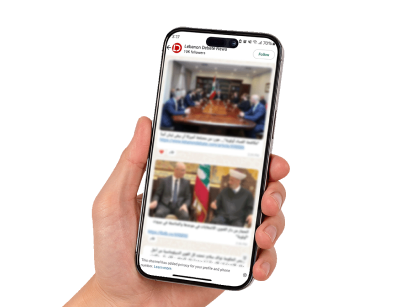
Follow: Lebanon Debate News


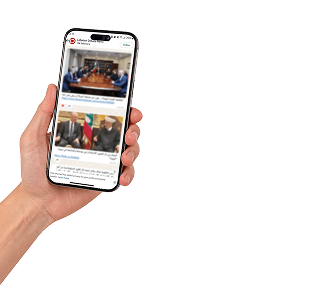
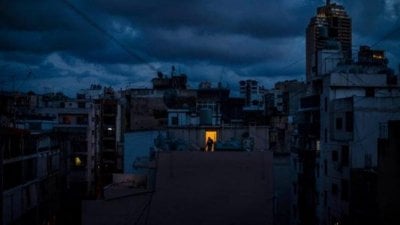
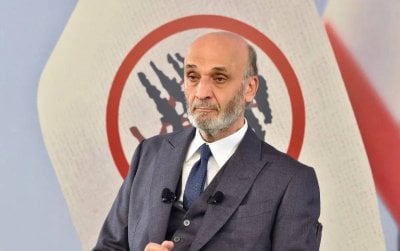
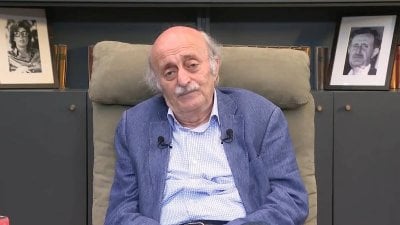
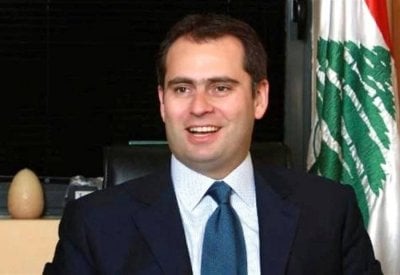
 الـــمــــزيــــــــــد
الـــمــــزيــــــــــد



